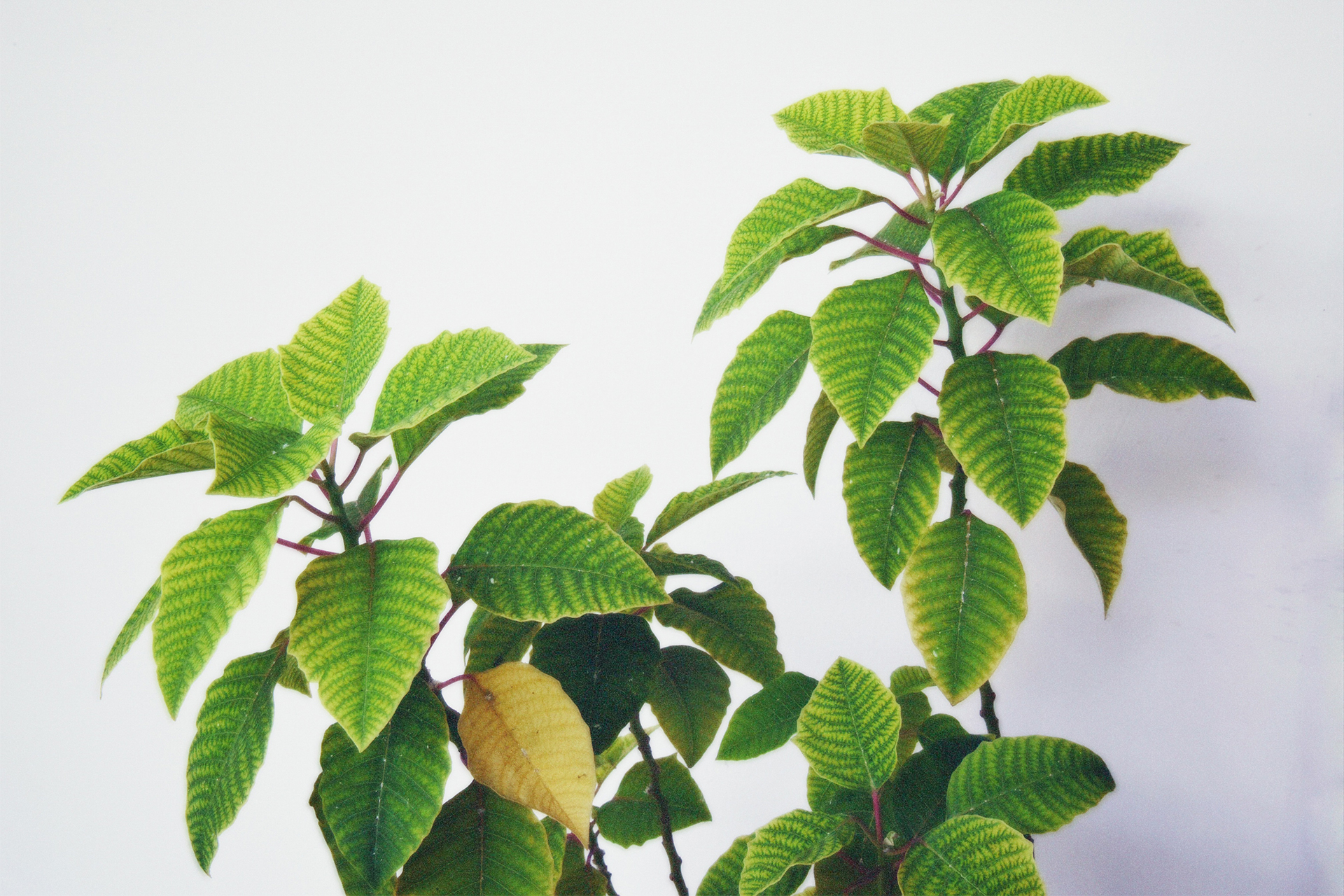How to Deal with Oily Skin in Humid Climates
Managing oily skin becomes a more daunting task when humidity enters the picture. Humid climates can exacerbate skin oiliness, leading to persistent shine, clogged pores, and increased breakouts. This comprehensive guide will walk you through effective strategies to manage oily skin in humid environments, ensuring that you maintain a balanced, clear, and healthy complexion.
Understanding Oily Skin in Humidity
Oily skin is characterized by excessive sebum production from the sebaceous glands. This natural oil is crucial for keeping the skin hydrated and protected, but too much can lead to common skin woes. Humidity adds to this by increasing sweat and oil on your skin surface, making it feel greasier and often leading to more acne outbreaks.
1. Choosing the Right Cleanser
Start your skincare routine with a gentle yet effective cleanser designed for oily skin. Look for ingredients like salicylic acid, glycolic acid, or benzoyl peroxide, which can cut through excess oil without stripping your skin’s natural moisture. A good cleansing routine twice a day helps remove excess sebum and pollutants, which are more prevalent in humid conditions.
2. Exfoliation is Key
Exfoliating 2-3 times a week is crucial for oily skin types, especially in humid weather. It helps remove dead skin cells and prevents them from clogging your pores along with the oil and sweat. Opt for a chemical exfoliant with BHA (beta hydroxy acid) like salicylic acid, which works deep into the pores and controls oil production.
3. Moisturize Wisely
People with oily skin often skip moisturizer, which is a big mistake, even in humid climates. Skipping moisturizer can actually cause your skin to produce more oil. Use an oil-free, non-comedogenic moisturizer that hydrates your skin without adding to the oil level. Ingredients like hyaluronic acid can be beneficial as they hydrate the skin by pulling water from the air into your skin without feeling heavy or greasy.
4. Sun Protection
Never skip sunscreen, regardless of how oily your skin is. Sun exposure can exacerbate oil production and damage your skin. Use a gel-based or matte-finish broad-spectrum sunscreen with at least SPF 30. This protects against UV rays without adding oiliness or blocking pores.
5. Use Blotting Papers
Blotting papers are a handy way to manage oil on the go. They help by absorbing excess oil without ruining your makeup. It’s a temporary fix that can prevent the build-up of oil, especially in the middle of the day when oil production peaks.
6. Incorporate Clay Masks
Using a clay mask once a week can help significantly reduce the appearance of oiliness. Clays like kaolin or bentonite absorb excess oil and draw out impurities from the pores, leading to clearer, less shiny skin.
7. Watch Your Diet
Your diet plays an important role in how your skin behaves. In humid climates, it’s particularly important to stay hydrated. Additionally, reduce the intake of oily and fried foods and increase consumption of antioxidants through fruits and vegetables. These can help regulate sebum production internally.
8. Choose Makeup Wisely
If you wear makeup, select oil-free and non-comedogenic products. Mineral-based foundations and powders are great as they absorb oil and reduce shine without clogging your pores. Always remember to thoroughly remove makeup before bed to prevent breakouts.
9. Toner for Oil Control
Incorporating a toner specifically designed for oily skin can help control sebum production. Look for toners containing witch hazel or niacinamide, which tighten pores and regulate oil levels without drying out your skin.
10. Regular Dermatologist Visits
Regular check-ups with a dermatologist can help you manage oily skin effectively, especially if you live in a humid climate. They can provide prescriptions for topical retinoids or other treatments that reduce oil production and clear up acne.
Conclusion
Living with oily skin in a humid climate requires a diligent skincare routine and lifestyle adjustments. By understanding the needs of your skin and following the tips outlined above, you can maintain a healthy, matte complexion even under challenging environmental conditions. Remember, consistency is key when it comes to skincare. Regularly caring for your skin will help balance sebum production and reduce the adverse effects of humidity.




